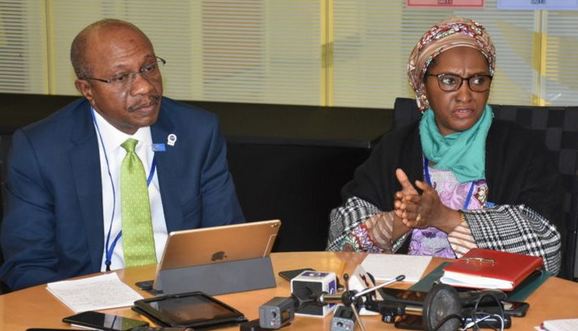There are no products in your shopping cart.
| 0 Items | £0.00 |


NIGERIA'S foreign loans are set to grow by $5.3bn this year after the country's Debt Management Office (DMO) revealed that fresh sums totalling that amount have been approved but not yet disbursed to the recipient departments.
As a result of the global economic collapse precipitated by the coronavirus pandemic, Nigeria has had to resort to borrowing to fund her 2020 and 2021 budgets. About $10bn was borrowed last year and about one third of the $33bn 2021 budget will be funded by external borrowing as the demand for crude oil is very weak at the moment.
In a recent publication outlining the state of affairs, the DMO listed a number of foreign loans that were to be disbursed as of December 31, 2020. According to the DMO, the disbursement of the fresh loans will take the country’s total foreign debt commitment to more than $37.8bn.
As of September 30, 2020 Nigeria's total external debt stood at $31.99bn, with the bulk of it being owed to the International Development Association, a member of World Bank Group. In total, the outstanding loans from the group stands at about $3.27bn.
Another $1.25bn is supposed to come from the Export-Import Bank of China and apart from multilateral agencies, China has remained the nation’s largest creditor. Other major sources of the undisbursed funds include Agence Francaise de Development, which has lent Nigeria €500m and the European Development Fund from where the country will collect about $425m.
Projects and agencies that would benefit from the undisbursed funds include the supply of rolling stock and depot equipment for the Abuja Light Rail Project, the Nigerian Greater Abuja Water Supply Project, the Nigerian National Information Communication Technology Infrastructure Backbone Phase II Project, four airport terminals expansion incremental projects and four airport terminals expansion ancillary projects. Others include the Nigerian 40 Parboiled Rice Processing Plants Project, Say No to Famine of Nigeria and the Nigeria Transmission Expansion Project Phase I.
Most of the projects are in the power, agriculture, education, girl empowerment, water provision, climate change and digital development sectors. Most of the lending agencies disburse funds under strict conditions and release the funds once the conditions are met.